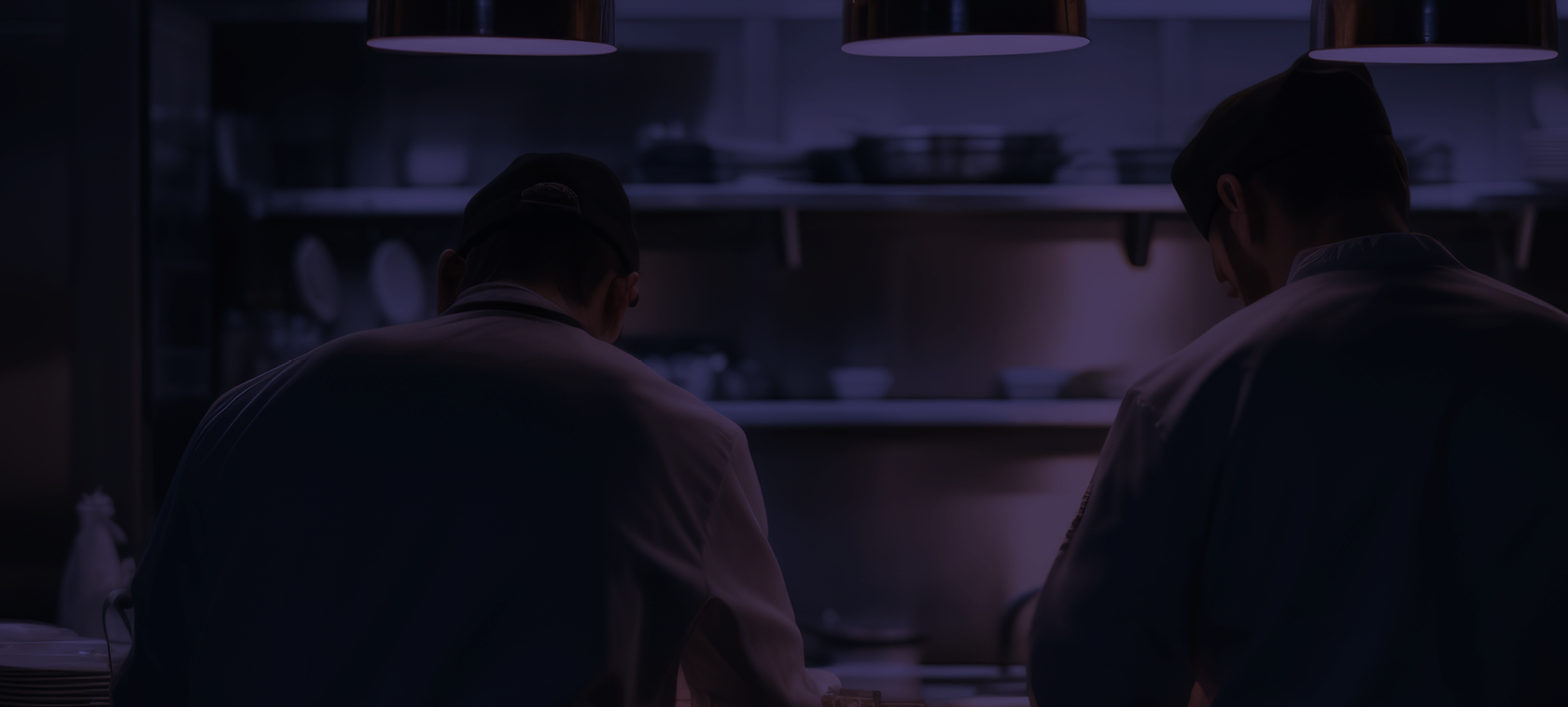Norovirus has everyone’s attention following the recent prevalent media coverage of nine Wahaca restaurants being shut after being struck by the highly contagious infection. Public Health England (PHE) said it has launched an investigation after 205 staff and 160 members of the public fell ill at MasterChef winner Thomasina Miers’s Mexican restaurant chain.
Miers and co-founder Mark Selby said “We assessed each case and when it became clear they were not isolated incidents, we got in touch with relevant officials at Public Health England and Environmental Health.” Whilst all restaurants have now reopened, the chain remains in the headlines as a potential compensation claim has been reported today.
With the troublesome and costly effects of a widespread occurrence and with many Shield Safety clients in the hospitality industry, it’s important that you have the correct measures in place to reduce the likelihood of an outbreak.
Norovirus is the most common cause of infectious gastroenteritis in England and Wales. Although bothersome, symptoms are generally not serious and are short-lived, lasting for around 12-72 hours and consist of vomiting, diarrhea, fever, headaches and muscle aches. Sometimes called ‘winter vomiting disease’ according to the NHS Scotland, outbreaks have substantially increased over the last few years and are most common in closed or semi-closed communities – hospitals, nursing homes and leisure industry settings such as hotels, holiday and caravan camps, and coach parties.
Why is Norovirus so infectious?
Norovirus can easily spread from person to person or through the contact with an infected person. It can also spread by contact with contaminated objects/materials/surfaces or by the faecal-oral route via contaminated water and foods.
Did you know?
Shellfish and salad ingredients are the most common foods to be implicated in Norovirus outbreaks without the presence of ill food handlers. Infection of raw or inadequately steamed clams and oysters can pose a high risk of infection.
Nauseatingly, norovirus can be difficult to avoid but there are ways to reduce its likelihood of invading on public health.
• Washing your hands
– this is the single most important factor in preventing an outbreak
– handy hint: encourage the use of anti-viral hand sanitisers (not alcohol gels) i.e. at reception, on entrance to restaurants, bar areas and washrooms
• Attentive monitoring of customer complaints
• Careful monitoring of illness on your premises
• Training of staff
• Routine cleaning of hand contact surfaces with sodium hypochlorite solution such as bleach
– handy hint: you can check the labels of their products to ensure you have the correct active ingredient
• Storing cleaning equipment in different areas using colour coded equipment
• Washing fruit and veg thoroughly
• In particular, staff with symptoms of diarrhoea and vomiting should not attend work and must not return until they have had 48 hours free of symptoms
We offer an interactive Helpline Service, manned by Environmental Health Practitioners to ensure businesses stay compliant and are supported by industry experts when carrying out internal investigations in cases like these. This service allows trends to be identified across a community and norovirus to be mapped, aiming to significantly reduce threat to health.
By following our team’s advice, you can help your customers enjoy a season filled with winter warmers rather than winter vomiting disease.
Industry experts will guide you through investigating any incidents in your restaurant and assemble action plans to help you improve your Food Hygiene Rating. To access the full Helpline Service or for more information on our other services, get in touch today on 0203 740 3744 or visit our homepage.
The information contained in this blog article has been created for marketing purposes and is not official guidance and should not be used as a substitute for official Food Safety, Fire Safety and Health & Safety advice. Shield Safety take no responsibility if the information in the blog article is used to form part of a safety management system or used to form part of any legal or regulatory compliance for your business. For official guidance and to engage with Shield Safety services please do call our team on 020 3740 3744 or email hello@shieldsafety.co.uk.



